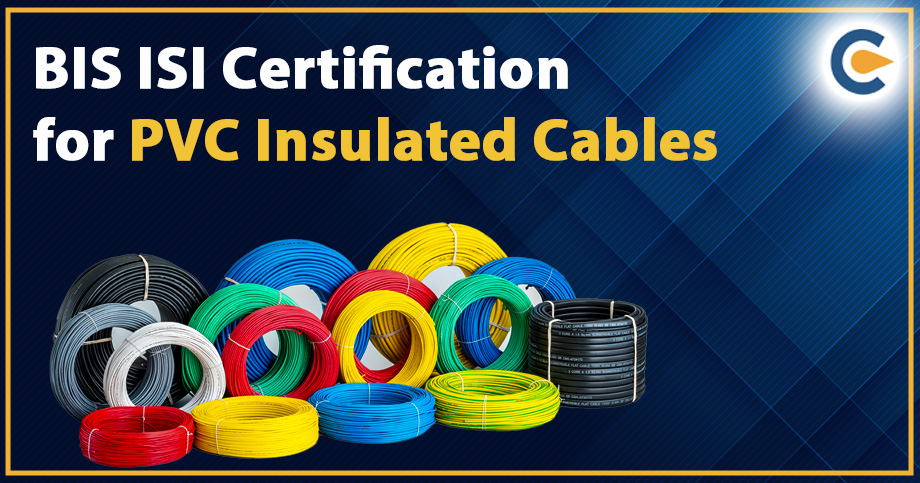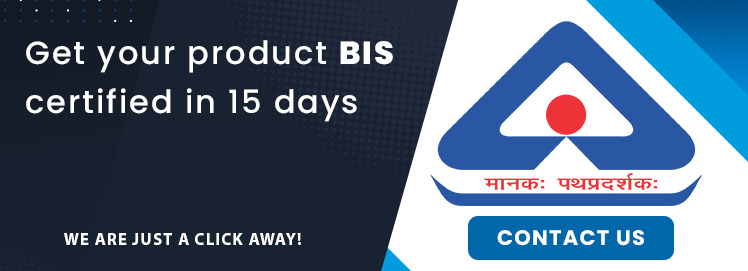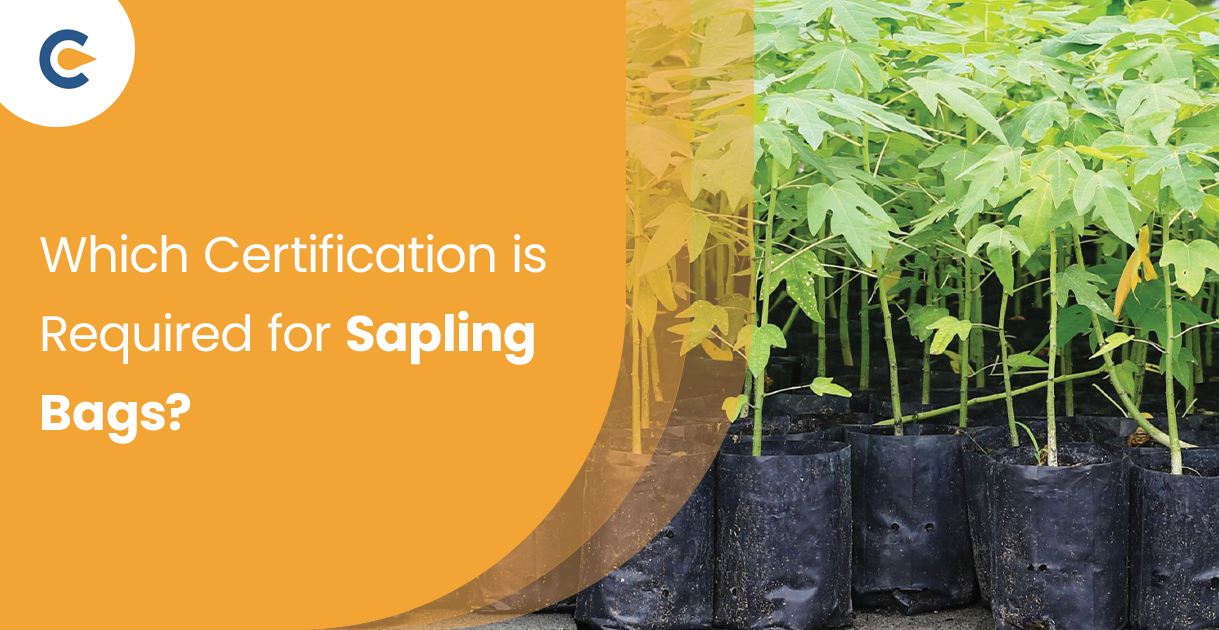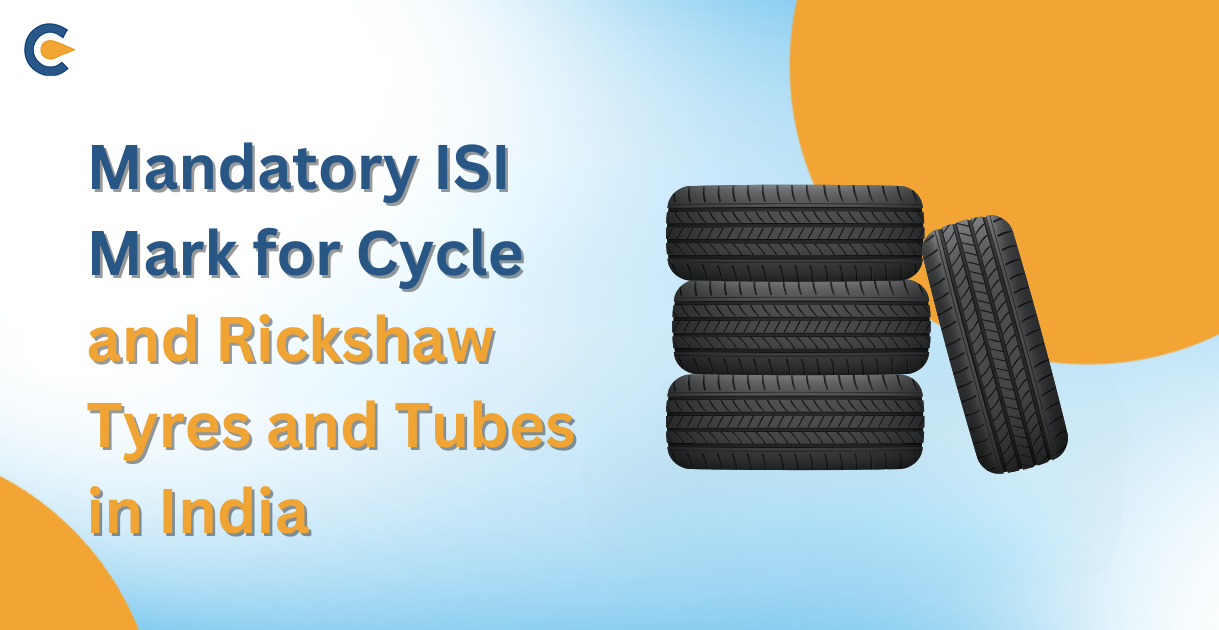PVC is PVC Insulated Cables stand for Polyvinyl Chloride[1]. So, any electric wire with Polyvinyl Chloride insulation or jacket is referred to as PVC Insulated Cables. These cables are widely used because of their chemical, water & heat resistance while being highly flexible & robust. With the world becoming more worried about environmental pollution, these cables are in demand because these insulated cables have a low lead & heavy metal content, less hydrogen chloride and are non-toxic. PVC insulated cables have great dielectric strength, meaning they can sustain a high electric field before their insulating properties begin to diminish, and this makes them resistant to extreme temperatures. In India, PVC Insulated Cables come under IS 694:2010 standards and this Standard specifies the general requirements for single & multicore cords or cables with rigid & flexible annealed bare or tinned copper & aluminium conductors, sheathed & insulated with PVC for rated voltages up to 1100V. So, all the manufacturers of PVC Insulated Cables must get BIS ISI Certification for PVC Insulated Cables; without this Certification, the Manufacturer cannot sell this in the Indian Market. In this blog, we are going to discuss how to get BIS ISI Certification for PVC Insulated Cables.
What are the Benefits of BIS ISI Certification for PVC Insulated Cables?
The following are the benefits of BIS ISI Certification for PVC Insulated Cables:
- This Certification allows the manufacturers uninterrupted manufacturing & selling of their products in every part of India.
- ISI Mark on PVC Insulated Cables ensures the health & safety of the customer and develops trust.
- BIS-certified products ensure customer satisfaction and high quality, which increases revenue.
- This Certification allows the manufacturers to use the ISI Mark on their Manufacturers in the Mandatory Certification Scheme. Manufacturing these products without an ISI Mark could result in heavy penalties, imprisonment or both.
Some Basic Requirements for BIS ISI Certification for PVC Insulated Cables
The following are the basic requirements for obtaining BIS ISI Certification:
- First, the product (PVC Insulated Cables) must meet the Indian Standard specification criteria;
- This Certification is only given to the actual Manufacturer of finished products, not to the Retailer or Distributor;
- All production machinery & testing facilities should be located on the factory premises as per ISS Norms & respective SIT;
- In case the Manufacturer has multiple factories, each of which is located at a different geographical address, the business must file a separate application for each product factory location and product;
- All procedures should be completed in the same factory, from getting raw materials to final packing. If any outsourcing is required, clearance from the BIS may be requested.
- The technical guidelines are available for all products covered under the Product Certification Scheme as Product Manuals. Such manuals comprise sampling guidelines, a list of test equipment, a Scheme of Inspection & Testing (SIT), a description of scope etc. Applicants can refer to their Product Manual for BIS ISI Certification for PVC Insulated Cables to prepare for the audit & application submission so that chances of rejection can be avoided.
Various Tests on the Cables
The testing on the cables will be conducted for each category of the cables listed under the scope.
- Flammability test;
- Flex test;
- Wrapping Test (for AI Wires);
- Heat Shock Test;
- Insulation Resistance Test;
- HV Test (at Room Temperature);
- Conductor Resistance;
- Oxygen Index Test;
- Smoke Density Rating;
- Hot Deformation;
- Spark Test;
- Shrinkage Test;
- Annealing Test (for Copper Wires);
- Tensile Test (for AI Wires).
- Various tests specified in the Standard must be carried out as per the procedures specified in the specification in a properly equipped & staffed lab.
Packing and Labelling of the Cable
The cable must be packed & labelled as per the Standard. The cable must be labelled with the information specified in the Standard & the cable may also be marked with the Standard. The Manufacturer must obtain a BIS ISI Certification for PVC Insulated Cables. The Bureau of Indian Standards grants a License based on a successful assessment of manufacturing infrastructure, testing capabilities, and quality control, and production process during a visit to its manufacturing premises.
The cable shall carry the following information either stencilled on the drum or reel or contained in a label attached to it:
- Brand name, Trademark, or Manufacturer’s Name;
- Number of cores;
- Cable code;
- In the case of the tinned copper conductor, the world ATC to be used;
- Type of cable & voltage grade;
- In cases of flame retardant PVC, the work FR & in case of Flame Retardant Low Smoke type, the word FR-LSH is to be used;
- Length of cable on the reel, drum, or coil;
- Number of lengths on the drum, coil, or reel (if more than one);
- The direction of rotation of drum (by means of the arrow) in case packed in wooden drums;
- The nominal cross-sectional area of the conductor.
Documents Required for BIS ISI Certification for PVC Insulated Cables
Following are the documents required for BIS ISI Certification for PVC Insulated Cables:
- Address proof of the manufacturing unit or premise;
- Proof of Indian Residency;
- Product drawing;
- Factory layout plan;
- In-house testing facilities;
- Details of Authorised Signatory & other related documents;
- Flow chart of the manufacturing process;
- Copy of the Certificate of Incorporation;
- A Copy of the Trademark Registration Certificate;
- Particulars regarding raw materials being used;
- Details of equipment used for testing;
- A certified copy of the test report by a BIS-certified lab;
- Latest utility bills such as gas bills, electricity bills, water bills;
- Packaging details such as product size, quantity, storage facility, etc.
Procedure for BIS ISI Certification for PVC Insulated Cables
Following is the procedure for BIS ISI Certification for PVC Insulated Cables:
- Relevant Product Code Selection: First, the applicant needs to select the product code that follows all the guidelines set by the Bureau of Indian Standards. The Manufacturers must identify and choose the relevant product code for their product.
- Filing of BIS ISI Application: After 1st step, the applicant needs to fill out the online application form correctly for BIS ISI Certification for PVC Insulated Cables. Further, the applicant must pay the audit fee and Registration fee for further inspection.
- Inspection of the Factory Premise: After filing the application, the BIS Official and Inspection Team will visit the factory premise of the Manufacturer and examine the quality control and manufacturing process. The BIS Officer will collect some products as samples and send them for testing in a BIS-authorised lab.
- Submit Product Sample Report: It is vital to submit the product sample report from the BIS-certified labs and submit it to BIS.
- Issuance of BIS ISI Certificate: Once the inspection and application process is successfully completed, then the BIS issues a BIS ISI Certification for PVC Insulated Cables.
Conclusion
At least, it is mandatory for the Manufacturers or Importers of products to take BIS ISI Certification if their product is covered under the scope of BIS Conformity Assessment Scheme. In case of violation of conditions, the License may be cancelled by the BIS as per provision of Regulation 11 of BIS (Conformity Assessment) Regulations, 2018.
Read Our Article: BIS ISI Certification for Beta Picolin: Process and Paperwork













